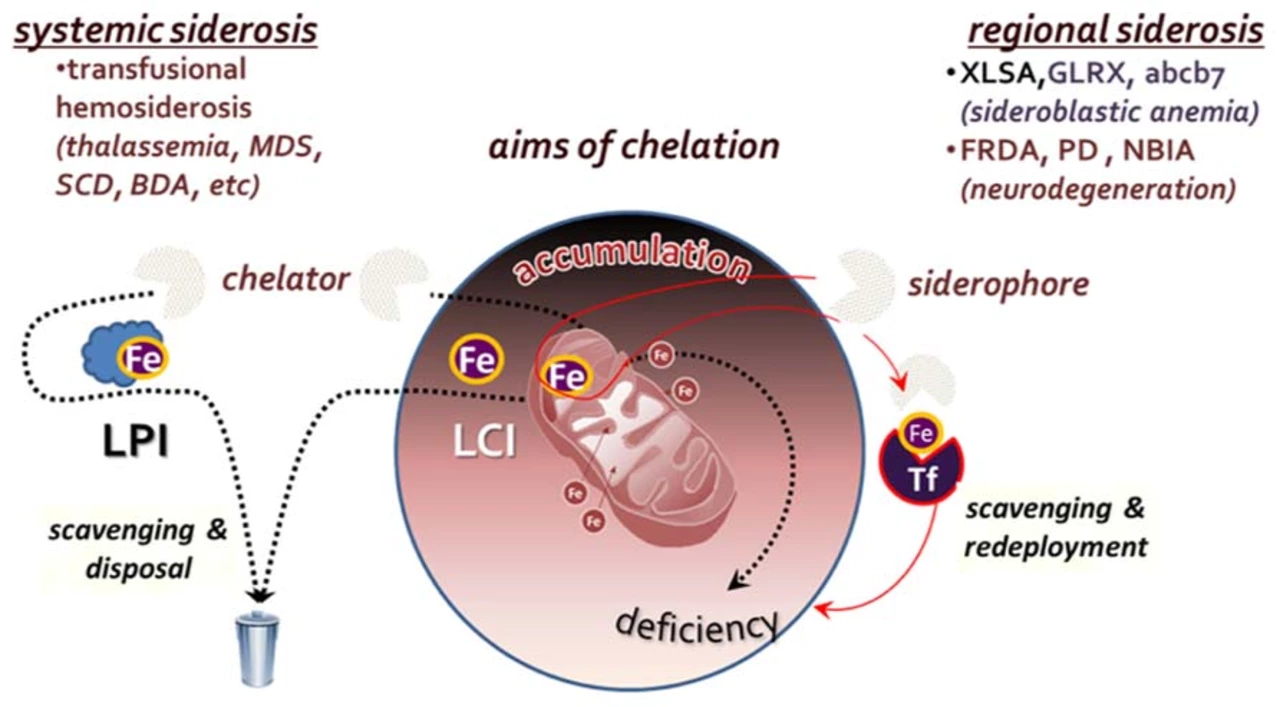Anemia often goes unnoticed, but it's crucial to understand how this condition can weaken our immune system. Nutritional deficiencies, particularly low iron levels, are the leading cause of anemia, and they directly affect our body's ability to fight off infections. When we don't get enough essential nutrients, our immune system struggles to produce enough white blood cells, leaving us vulnerable to illnesses. To keep our body's defenses strong, it's essential to maintain a balanced diet rich in iron, vitamins, and minerals. By prioritizing our nutrition, we can prevent anemia and support a healthy immune system, ensuring we remain resilient in the face of potential health threats.
Nutritional deficiencies: what to watch for and how to fix them
Small nutrient gaps can cause big, annoying problems — constant tiredness, hair loss, mood dips, or stubborn muscle cramps. Most people chalk those off as stress, but often it’s a simple deficiency that’s easy to fix with food, testing, or a short course of supplements.
Common deficiencies and simple fixes
Here are the ones I see most often and what actually helps.
- Iron: Look for tiredness, paleness, shortness of breath, or cravings for ice/ice chips (pica). Get a ferritin and CBC test. Eat red meat, sardines, lentils, and cook in cast iron. Take iron pills only if your blood tests show low stores — they can upset your stomach and interfere with other minerals.
- Vitamin B12: Numbness, pins-and-needles, memory fog, or fatigue are red flags. Vegetarians, older adults, and people on certain meds are at higher risk. Check serum B12 or methylmalonic acid. Dietary sources: eggs, dairy, fish, and fortified foods. If levels are low, a short course of injections or high-dose oral B12 may be recommended.
- Vitamin D: Bone ache, weak muscles, low mood. A 25(OH)D blood test tells the story. Fatty fish, fortified milk, and safe sun exposure help. In some cases doctors prescribe calcitriol (Rocaltrol) or higher-dose vitamin D — that's for specific conditions; talk to your clinician before using prescribed forms.
- Calcium & Magnesium: Muscle cramps and twitches can point to low magnesium or calcium. Dairy, leafy greens, nuts, and whole grains are good sources. Supplements can help short term, but check kidney function first.
- Iodine: Swelling around the neck, fatigue, or weight changes can suggest thyroid-related iodine issues. Seafood and iodized salt are easy fixes, but don’t self-prescribe large doses; the thyroid is sensitive.
When to test and how to supplement safely
If symptoms are persistent or severe, ask your doctor for targeted blood tests: CBC, ferritin, serum B12, 25(OH)D, basic metabolic panel, and thyroid tests (TSH). Don’t guess — many supplements interact with meds or mask other problems.
Start with food first. Supplements are useful when diet can’t cover needs or tests confirm low levels. Choose reputable brands, follow dosing on the label, and recheck labs after 8–12 weeks. If you’re on prescription meds or have chronic illness, get medical approval before starting anything new.
Want practical reads? Check our guide on Rocaltrol for vitamin D management and our 2025 supplements guide for safe, evidence-based options. Evo-Pharmacy.com has plain answers on dosing, side effects, and where to get reliable products. Small fixes often make a big difference — start with a test and a plan.

